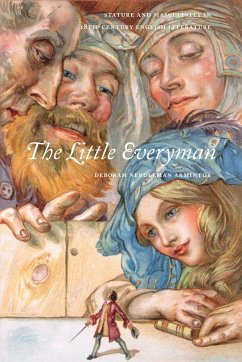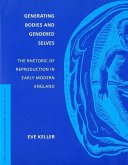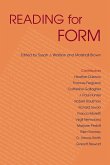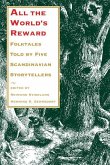Eighteenth-century English literature, art, science, and popular culture exhibited an unprecedented fascination with small male bodies of various kinds. Henry Fielding's Tom Thumb plays drew packed crowds, while public exhibitions advertised male dwarfs as paragons of English masculinity. Bawdy popular poems featured diminutive men paired with enormous women, and amateur scientists anthropomorphized and gendered the "minute bodies" they observed under their fashionable new pocket microscopes. Little men, both real and imagined, embodied the anxieties of a newly bourgeois English culture and were transformed to suit changing concerns about the status of English masculinity in the modern era. The Little Everyman explores this strange trend by tracing the historical trajectory of the supplanting of the premodern court dwarf by a more metaphorical and quintessentially modern "little man" who came to represent in miniature the historical shift in literary production from aristocratic patronage to the bourgeois fantasy of freelance authorship. Armintor's close readings of Pope, Fielding, Swift, and Sterne highlight little recognized aspects of classic works while demonstrating how the little man became an "everyman."
Hinweis: Dieser Artikel kann nur an eine deutsche Lieferadresse ausgeliefert werden.
Hinweis: Dieser Artikel kann nur an eine deutsche Lieferadresse ausgeliefert werden.








